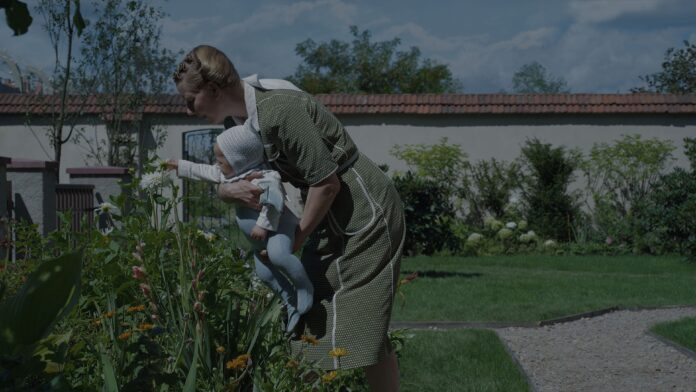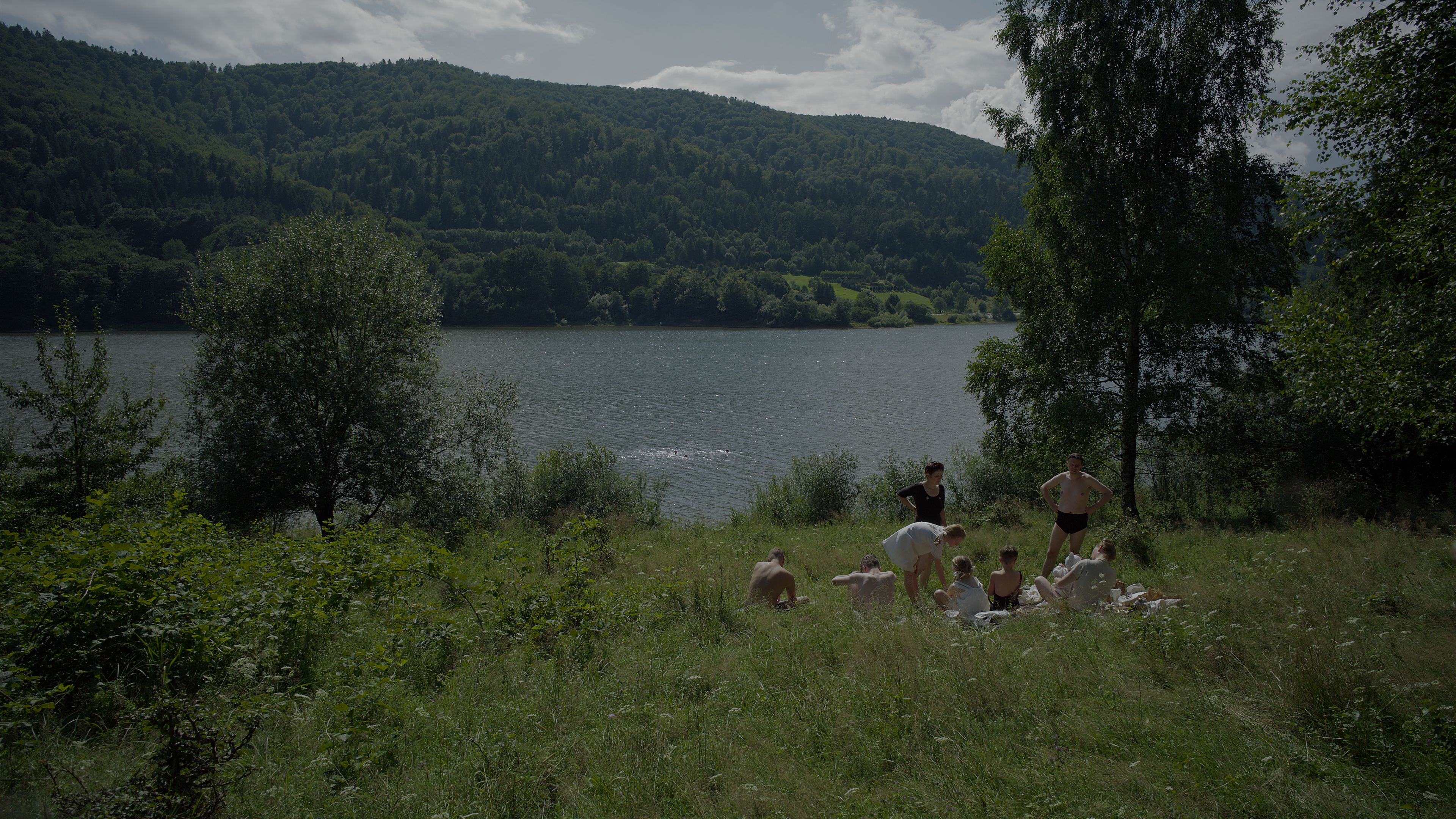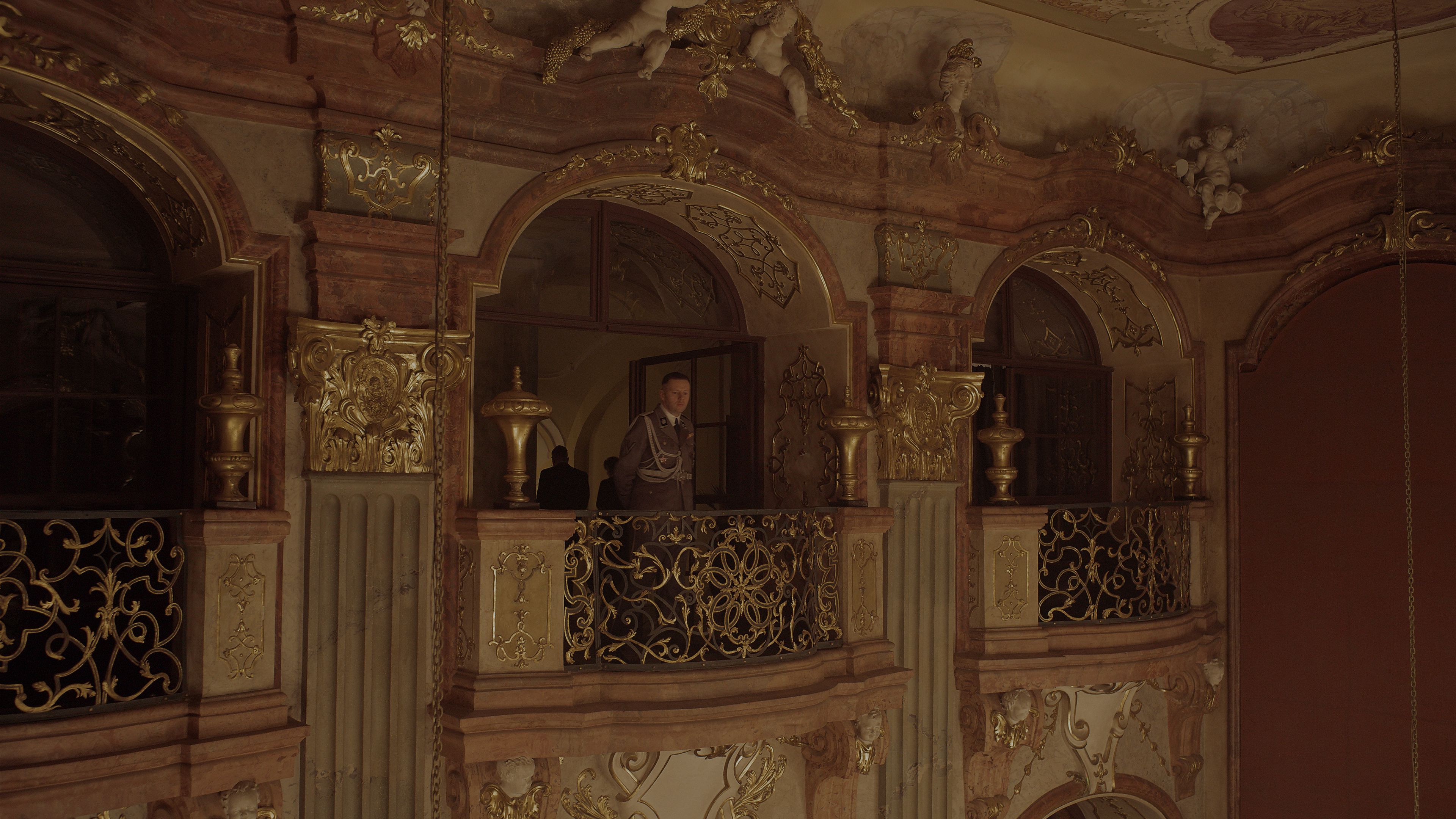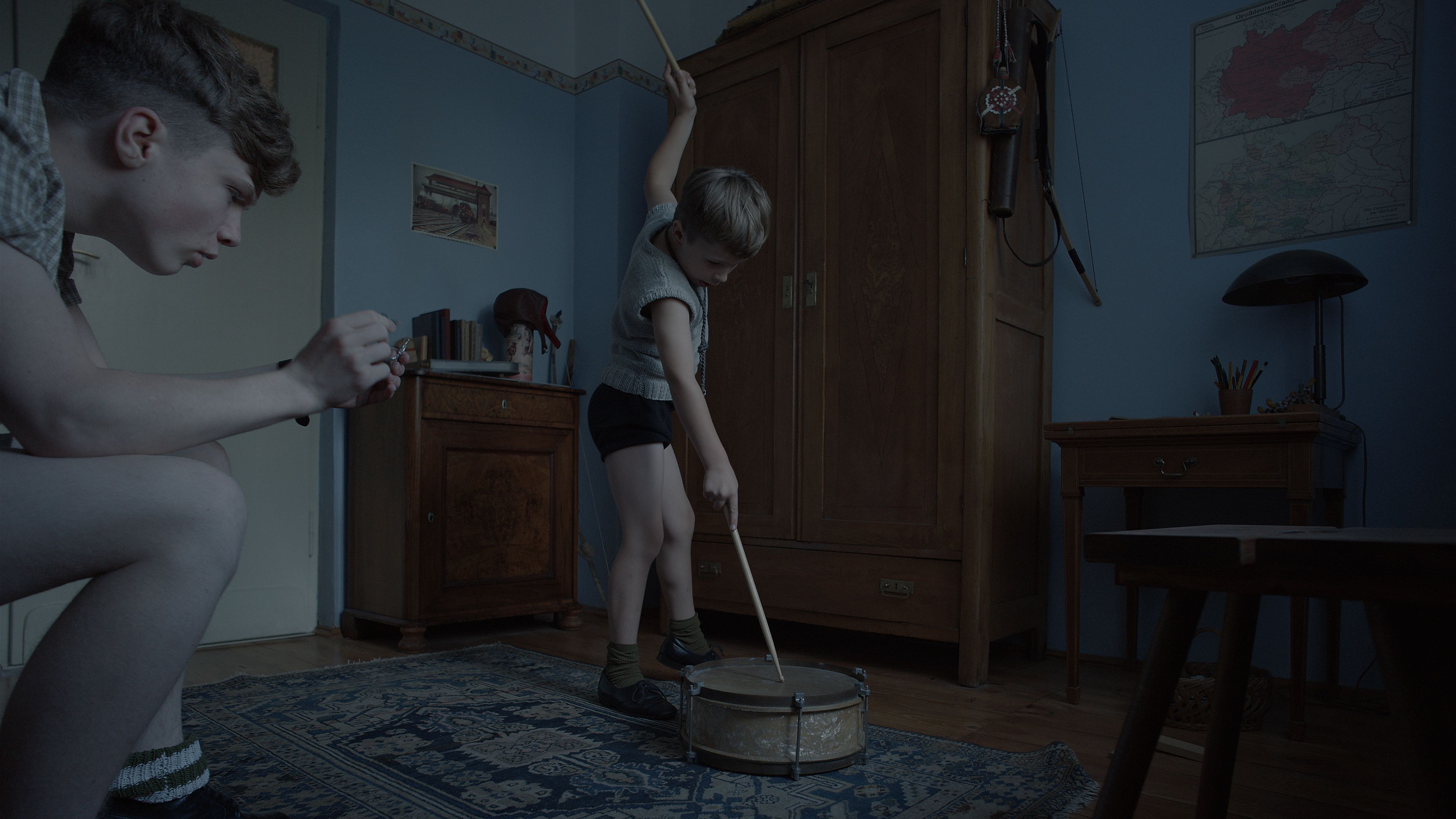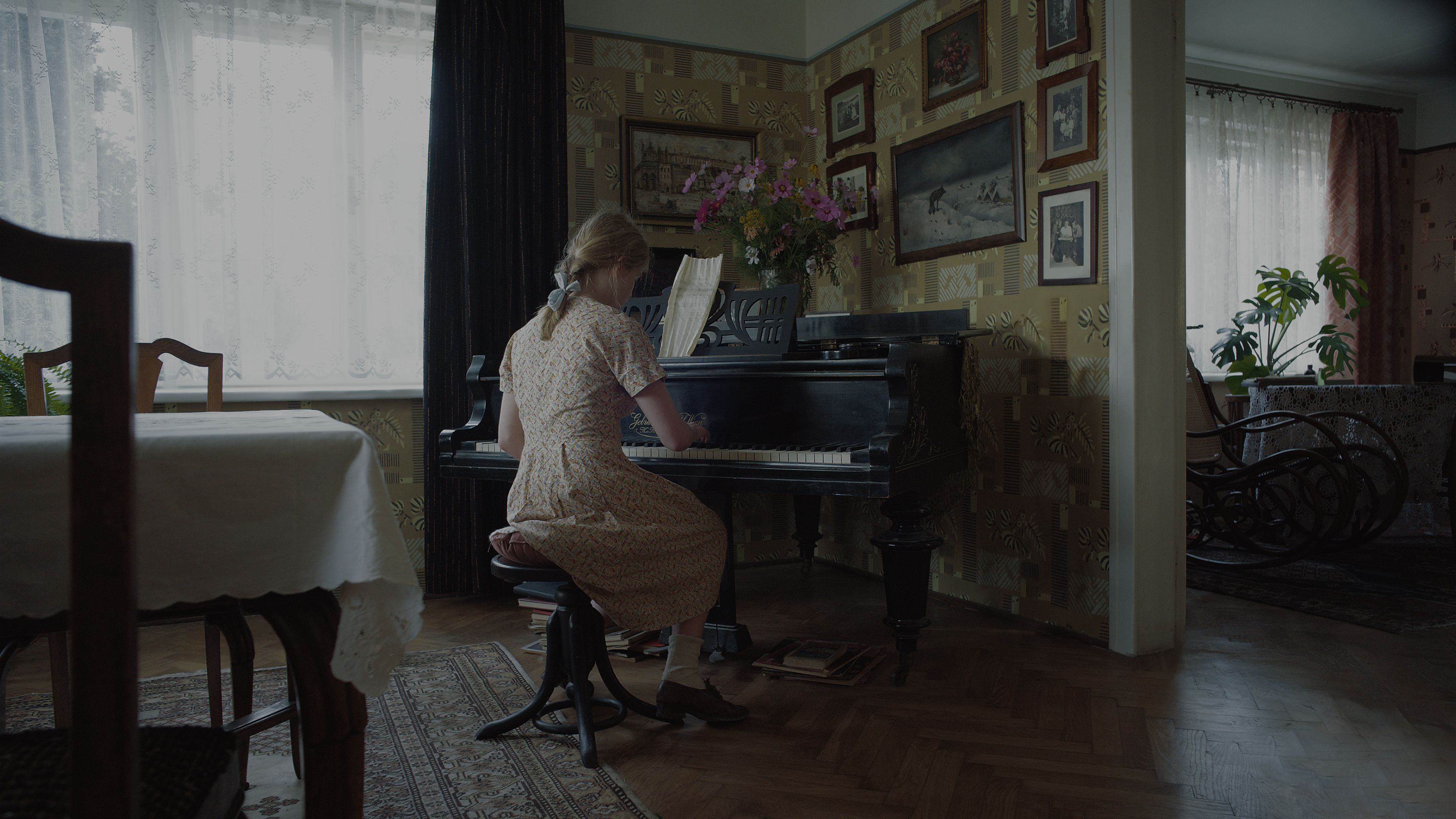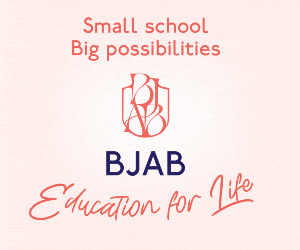Federico Grandesso sat down with Łukasz Żal, the cinematographer behind the Cannes Film Festival winner ‘Zone of Interest’ directed by Jonathan Glazer.
Zal was twice nominated for an Oscar for Best Cinematography: in 2015 together with Ryszard Lenczewski for Ida (2013) and Cold War (2018). The film tells the story of the commandant of Auschwitz, Rudolf Höss, and his wife Hedwig, who strive to build a dream life for their family in a house and garden next to the camp.
What is the strongest part of the movie according to you? What can you tell me about this success?
The strongest element is that this movie tells about us humans, and how we are, we just think that we are watching the monster, but then we just see ourselves somehow in them because we are human and we are like this. The strongest thing is that at first you think you are just observing like a documentary, just observing the life of this guy serving as the CEO of Big Corporation. He has children, he loves horses and dogs, and he spends time with his family, like we all do. We were just watching the family and then he goes 50 meters back to the factory and does terrible things. After that we keep observing the monster, and then you see that we are like this. We are humans like this. I think that was the strongest thing that hit me the most.
Why do we have monsters, according to you?
We’re just like this, we can love our kids and we can just do those things, but in certain circumstances, we can behave like this. We have different compartments in ourselves, we can separate this dark part from other moments of our life and I think that’s how we are.
How did you become involved in this project?
I entered this project when Jonathan Glazer sent me the script. Of course, we did a commercial together for Alexander McQueen. I think he somehow tested me, checking how we worked together also with Chris Oddy. Then after some time, he proposed the project. Then Ewa Puszczyńska was also involved as producer, our Polish co-producer. So probably, I think I was engaged also because of her help, then Jonathan sent me a script and I just decided that I had to do it because it was so important. The story hit me so much and I realized it’s a very important story. At this point in my career, I’m choosing films more carefully. I don’t do a lot of films, I just do film. I want to do one film every one or two years because I think life is too short to make unimportant films. I’m attracted to stories which are very meaningful for me.
You have to put your ego aside for this film. Our goal was to make it as if there is no author behind the camera. There are ten cameras in one big eye and we are trying to do this to avoid any distractions, we wanted to just tell this story honestly and in the most objective way possible.
So how was the preparation? Was it very tough and what about your research as cinematographer?
The preparation was just researching, talking and going to the house and the garden every day and taking pictures, making drawings and setting up the cameras and that was the most important part. We had to answer questions like: Where are we going to put the cameras? Because we weren’t using any light. So the prep was a very huge technological task because we had the ten cameras and we needed to find a solution on how to record with ten cameras simultaneously. How to put them into the place and prepare the workflow for that because nobody had done it before.
For this film, I think two main goals were just to provide Jon with the conditions to record it. Just record what is happening in the house and provide a system which records it. That was one of my goals and then the second goal was to find the frames and make the ten cameras work. It was a terrible process sometimes because every day it was so hard just to set up the ten cameras. So we spent like half a day on that. Then we had to remind ourselves to forget about everything we were used to before, about creating beautiful light and back light and nice framing.
The important thing was to forget about your ego and just serve the story. We had to film in an unemotional way and not manipulate, because it’s so easy to manipulate frames with your camera. I just remember one day with Jon at the beginning we were looking for frames together, because we’re going to this house every day and just taking pictures, making drawings and making plans for our crew to know where we put the cameras. Then I remember one situation in which there was one shot that could be very emotional, like in a portrait, it appeared naturally.
Did you have any artistic freedom?
No, there was no place to express myself. No, the process was just not expressing yourself because it’s not about expressing. There’s no author behind, there’s no look behind that, there are just ten cameras, one very objective eye and completely forget about yourself.
In one scene we were in a gas chamber with my camera operator at 05:00 in the morning. There was a shot and my camera operator said to me do you like the frame? And I said how can I like the frame in the gas chamber? What are we doing? How can you just make a nice frame in the gas chamber? There’s no Lukasz behind that. That was the goal. There was no author behind that.
What is your next project?
I’m busy with a film with Pablo Pavikovsky (The Island), but our film was a bit stop and go due to strikes of writers and screenwriters because we have American actors who couldn’t join, I was supposed to start shooting in Tenerife.


